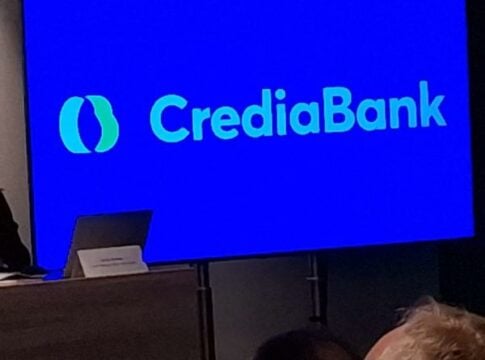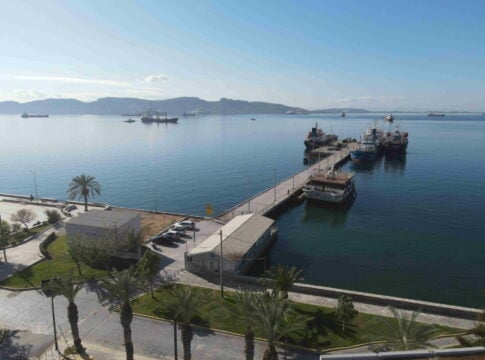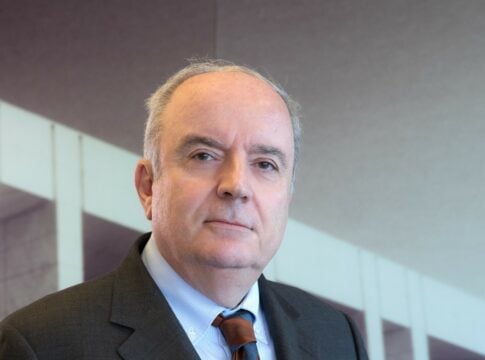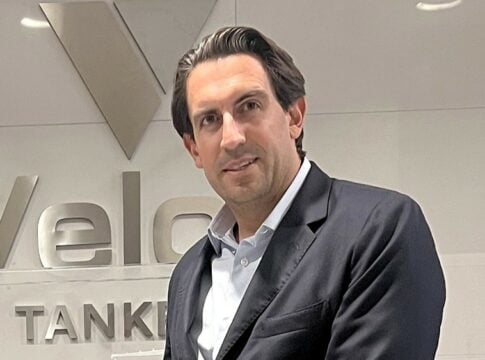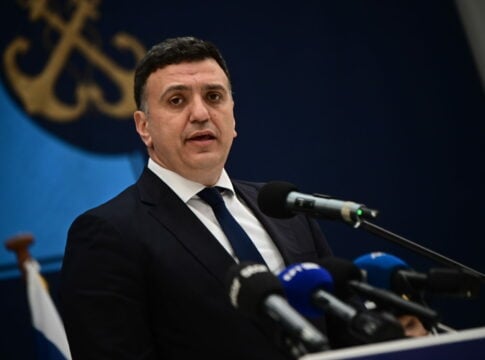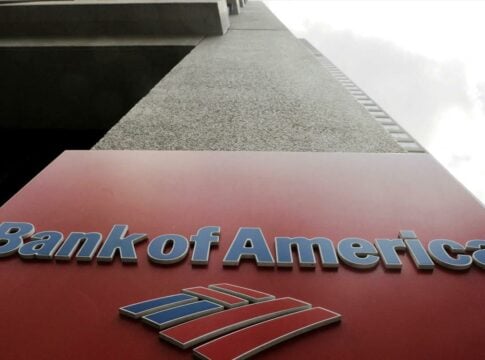Greece still has the highest rate of non-performing loans (NPLs) in the European Union, at 3.3% compared to an average of 1.9% in the fourth quarter of 2023.
However, significant efforts have been made lately to reduce them through portfolio sales and securitizations, such as the Hercules Project, according to a study by OCTANE Management Consultants.
OCTANE highlights the gradual maturation of NPLs in Greece, forecasting growth in the secondary market.
At the same time, key initiatives such as the Hercules program have been instrumental in allowing Greek banks to accelerate efforts to reduce non-performing loans, leveraging asset sales, securitizations and enhanced recovery processes.
The key points of the study on NPL in Greece:
- From 2021 until September 2023, over 44 NPL (non-performing loan) transactions valued at over 65 billion euros were carried out, enhancing the market’s dynamics.
- The return of restructured loans to banks and the economy is expected to play a crucial role during the 2024-2025 period.
- Servicers in the Greek market manage assets worth approximately 100 billion euros, with improved capabilities due to regulatory developments.
To date, 18 servicers have received renewed licenses or extensions of existing ones, pending finalization of the requirements for relicensing, while 5 companies did not proceed with the relicensing process by June 2024, leaving their portfolios to be taken over by other entities.






